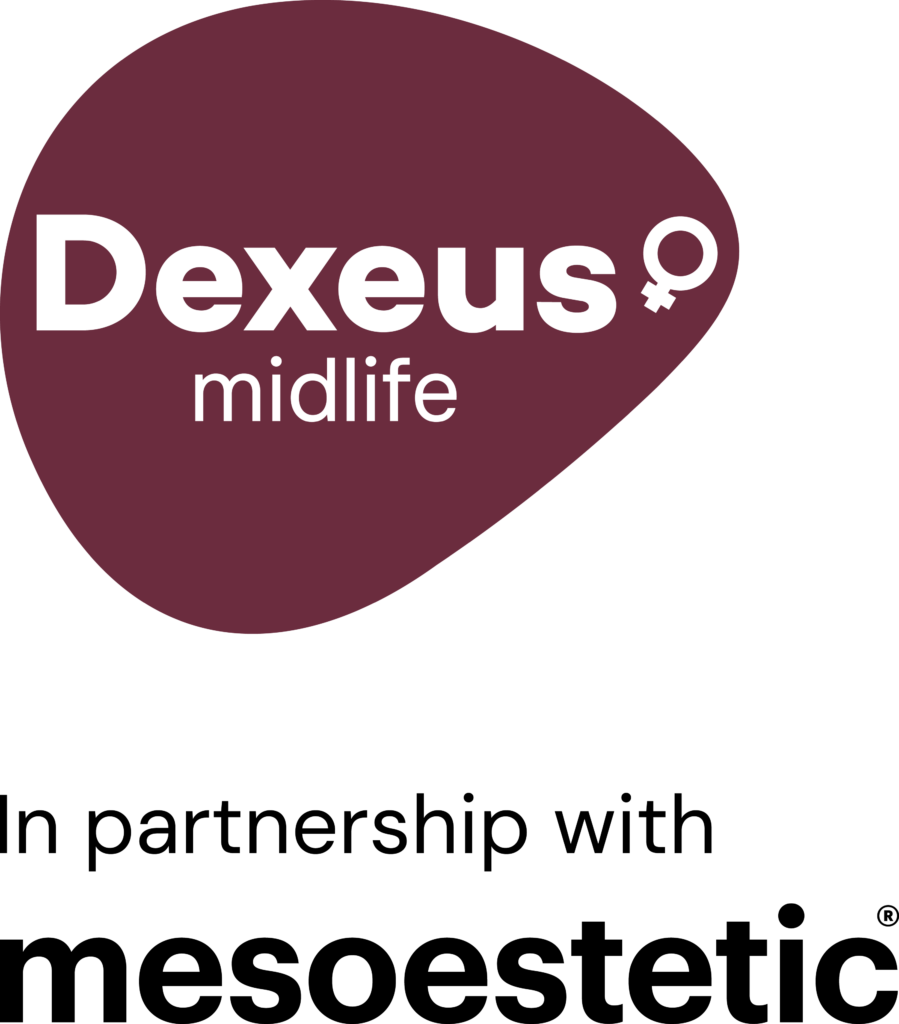Menopause is a natural biological process during which the reproductive system stops producing ova and the body readjusts its hormonal levels, causing changes in the physical and psychological state of the woman.
The relationship between menopause and hair can be very subtle and, although many women experience all kinds of symptoms during this stage of life, the vast majority do not experience such obvious capillary symptoms in the way that men do.
Therefore, hair loss during menopause is an aspect that is often left aside without giving it too much importance. However, it can be treated to prevent it and improve the quality of hair.
Causes of changes in hair due to menopause

Hormonal changes
During menopause and perimenopause, generally from the age of 40, hormonal imbalances occur, especially related to a lower production of oestrogen and progesterone. These hormones are closely related to hair growth and hair follicle maintenance, so their decrease is one of the main factors causing hair to grow more slowly, and affecting the quality and quantity of hair.

Hair follicle miniaturisation
With the drop in oestrogen and progesterone production, androgen production is activated. Hair follicle miniaturisation is a consequence of this, causing hair to be thinner, brittle and prone to falling out. Androgens can also cause hair to grow in unwanted places, such as the face.

Chemical hair treatments
When they get grey hairs, many women start to dye their hair more often. Although there is no scientific study that has been able to establish the relationship between the use of these chemical treatments and alopecia, it is well known that they damage the capillary structure, causing hair to become even more fragile and brittle.

Stress
It is not uncommon for women to be subjected to high levels of stress at this stage of hormonal changes and with symptoms as annoying as hot flushes, lack of sleep or loss of libido. This is a factor that can contribute significantly to greater hair loss.

Genetic predisposition
Each person has a different genetic starting basis, and if alopecia is common in the family, the risk of suffering it increases significantly. In this regard, it is also useful to carry out a blood test to rule out other causes of hair loss, such as thyroid problems or the lack of certain essential nutrients for hair health.
What symptoms might you experience?
In women’s hair, the most common symptoms of menopause are: fine and brittle hair, general hair volume loss, increased daily hair loss, appearance of bald or sparse spots, or being able to see the scalp through hair.
Hair loss and volume loss treatments
Integrative menopause medical consultation
Integrative menopause medical consultation
This is a consultation by a gynaecologist specialising in women's regenerative and functional gynaecology....
Read moreAdvice consultation on menopause
Advice consultation on menopause
Menopause is a natural stage in women's lives that deserves to be experienced with vitality, optimism and confidence. At Dexeus...
Read moreHormone therapy
Hormone therapy
Hormone therapy has been proven to be safe and efficient and is the most effective way to alleviate the symptoms...
Read moreNatural treatments
Natural treatments
Natural treatments and therapies have been shown to be helpful in treating some common menopausal symptoms. Most can also be...
Read moreFAQs
What are the causes?
Alopecia during menopause is usually caused by hormonal imbalances, stress, thyroid problems, deficiencies in certain nutrients, anaemia and side effects of certain medication.
What medications can cause alopecia?
Antithyroid drugs, antidepressants, anticonvulsants, anticoagulants, retinoids, beta-blockers, medication for gout, Parkinson’s medication, rheumatoid arthritis medication, tamoxifen or chemotherapy, among others.
Can hair that is lost during menopause be recovered?
After menopause, hair can stop falling out, but this does not always happen. It should be noted that low levels of oestrogen and progesterone are the main factors responsible for the loss, and these are not restored again. Therefore, many women continue to lose hair with age.
In these cases, there are very innovative hair lotions on the market that can revitalise and redensify hair, increase its thickness and control the rate at which it falls out. They act by improving the hair follicle’s grip during the hair cycle, which translates into stronger, shinier and denser hair. The best way to find the right product is to consult a professional who can help to give us the correct treatment to recover lost hair.
What supplements can I take to prevent hair loss during menopause?
Biotin or vitamin B7 has been shown in multiple studies to be useful for women with B7 deficiency, as well as B-complex in general, although no noteworthy effects have been found in women who already have adequate levels of this vitamin. It is also worth checking and boosting our levels of vitamin A and C if necessary, as well as minerals such as iron, magnesium, calcium, zinc and silicon, as they are important for fostering growth and improving hair volume.
Other recommended supplements for maintaining healthy hair during this stage are omega-3 fatty acids, keratin and collagen.

